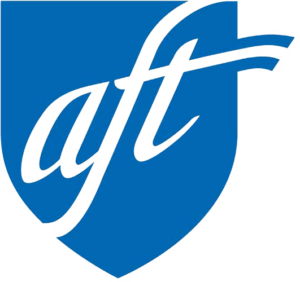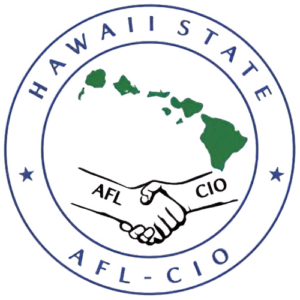Next year, UHPA celebrates its 50th anniversary as the exclusive bargaining agent for UH faculty. It’s a huge milestone. While UHPA has evolved over the years, it has and always will be driven by the fact that there is strength in numbers and that delivering competitive wages, better working conditions, protecting academic freedom and governance for faculty must be of foremost importance.
Recognizing The Need to Organize Since 1970
A historical trip back into time shows that when the Hawai‘i State Legislature passed Act 171, and adopted HRS, Chapter 89 (aka Hawaiʻi’s Collective Bargaining law) in 1970, this opened the door to form unions for public sector employees and introduced historic legislation such as exclusive representation and the right of public employees to engage in legal strikes. Initially, there were mixed feelings about unionization among faculty. However, when other bargaining units received a pay increase as a result of their collective-bargaining efforts, UH faculty immediately saw the benefits of banding together as a union in solidarity. There was no longer any ambivalence. Faculty wanted to have one loud, clear voice.
In 1972, there were four competing organizations on a ballot placed before faculty:
- University of Hawai‘i Faculty Association–UHFA, an alliance of the American Association of University Professors (AAUP) and UH-Manoa Faculty Senate, which was opposed to unionization;
- Hawai‘i Government Employees Association (HGEA), affiliated with the AFL-CIO;
- College and University Professional Association (CUPA), affiliated with the Hawai‘i Education Association/National Education Association (HEA/NEA); and
- Hawai‘i Federation of College Teachers (HFCT), affiliated with the AFL-CIO.
It was a tight race that required multiple rounds of voting, but in the end, HFCT became the UH faculty’s first exclusive bargaining agent in November 1972.
Faculty Defending Tenure Gave Birth to UHPA
That was not the end. During the subsequent two years, HFCT could not successfully negotiate and ratify a contract. Faculty did not ratify a tentative agreement because they felt it weakened the role of tenure track positions for new hires. After the rejection of the tentative agreement, CUPA members initiated meetings with the UH-Manoa AAUP Chapter members. This led to an agreement to protect the principle of tenure in any collective bargaining agreement negotiated on behalf of faculty. These meetings culminated in the 1974 formation of a coalition organization supported and affiliated with both the national AAUP and NEA. Thereafter, the UHPA was born and has been the exclusive bargaining representative for the University of Hawai‘i faculty bargaining Unit 7 ever since. By the following year, UHPA, in collaboration with the NEA-AAUP coalition, entered into its first contract for faculty (i.e. 1975-1977). Since then, UHPA has successfully negotiated a total of seventeen (17) successor collective bargaining agreements on behalf of University of Hawai‘i faculty and intends to do so with upholding the cornerstone principles of academic tenure and academic governance.
Continuous Evaluation: A Key to Strengthening UHPA
Over the years, UHPA has had to constantly evaluate the value and significance of its power partners in representing and protecting its faculty. In 1992, UHPA discontinued its affiliation with the AAUP, primarily because the relationship was structured so that the local affiliates would support the national organization but receive virtually no services in return.
UHPA then became a direct affiliate of the NEA. UHPA continued to be affiliated with NEA to retain some of the member benefits. However, in 2013, UHPA voted to disaffiliate with NEA and has operated independently for the past decade.
J. N. Musto, UHPA executive director at the time, wrote on disaffiliating from NEA :
“We are uncomfortable taking money from our bargaining unit that cannot be directly tied to our purpose as a public sector union in the state of Hawai‘i. We believe that emerging challenges here at home have a stronger claim on our resources. Retirement and medical benefits are under attack.This is very much a local issue, requiring local expertise and local relationships, and UHPA has proved its effectiveness in the realm of local politics.
As we have seen from recent pop events with our sister union, and NEA state affiliate, the Hawaii State Teachers Association, there is no substitution for local expertise, especially when it comes to collective bargaining. Affiliation with the NEA is not necessary for UHPA to effectively carry out its responsibilities as the exclusive representative of the UH faculty. This is what our mission requires. This is where our attention and resources should be focused.”
Planning for the Future
Over the past decade, UHPA has demonstrated that it can fend for itself and its members. UHPA remains dedicated to the achievement of excellence at the University of Hawai‘i in instruction, research, and service to the community through collective bargaining, legislative advocacy, civic education, and public engagement.
However, there are rising threats to higher education at both the national and local scene.
Attacks on academic freedom and tenure, funding, intellectual property rights, diversity, and other issues are putting higher education and faculty at greater risk. As democracy is slowly dismantled at the national level, we see state legislators across the country enacting laws that undermine public schools, community colleges, and universities through curriculum bans, eradication of diversity, equity and inclusion programs, attacks on science and public health, funding cuts, attacks on tenure, and voucher and privatization schemes.
Fewer Students Entering Higher Education
While enrollment is up at certain universities and colleges and graduation rates may be high, a significant and growing number of high school students — nearly 40% — do not pursue secondary higher education because it is not affordable, among other reasons. This is another challenging factor.
It’s Time To Strengthen Our Position
As UHPA prepares to enter its 50th year of representing and servicing faculty, we continue to focus on our mission, assess the landscape, and look at what is looming on the horizon. It is becoming evident that it may be time to reevaluate how we can bolster our strength and add more value for our members, now and into the future. At a time when there has been post-Janus declines in membership in public-sector unions across the country, UHPA is taking a hard look at creative ways to gain strength through numbers and enhance our influence.
If you have suggestions, we are open to your ideas. Please email your thoughts to feedback@uhpa.org. Mahalo.



